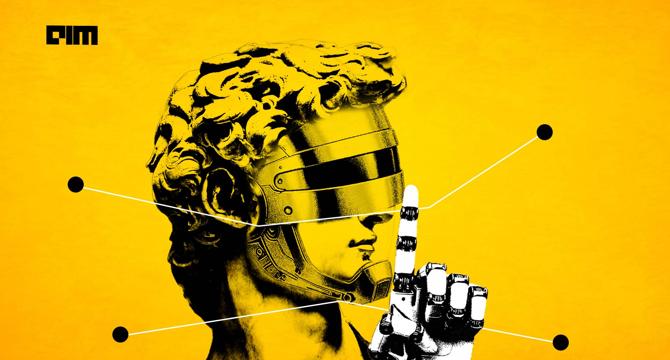Analyticsindiamag
1M
275

Image Credit: Analyticsindiamag
The Year AI Erred
- AI’s unexpected consequences overshadowed its successful integration into everyday life, raising debates about its regulation.
- AI’s shortcoming in privacy and ethics, including breaching personal boundaries, were of great concern, such as OpenAI’s ChatGPT initiating conversations.
- Character AI created ethical dilemmas after being sued for abetting someone’s suicide or replicating a deceased girl’s personality without consent.
- AI’s struggle with accuracy and bias revealed serious and sometimes harmful implications in healthcare and legal systems.
- The mishaps of Google and OpenAI’s transcription tools and Gemini added to the failures of Google’s AI Overview search summary tool of offering dangerously misleading healthcare advice.
- AI’s unchecked use in legal proceedings resulted in unintended consequences like Vancouver-based lawyer Chong Ke submitting fictitious cases generated by ChatGPT, misleading the court.
- The over-reliance on AI in critical decision-making processes, such as recruitment and transportation, exhibited the importance of human oversight.
- The year 2024 also saw the surge in AI-driven scams and misinformation across industries, along with concerns over deepfake scams and voter disenfranchisement.
- In response, efforts focused on reshaping laws and creating ethical guidelines to steer AI in a responsible direction, emphasising balancing innovation and safeguarding humanity’s core values.
Read Full Article
16 Likes
For uninterrupted reading, download the app